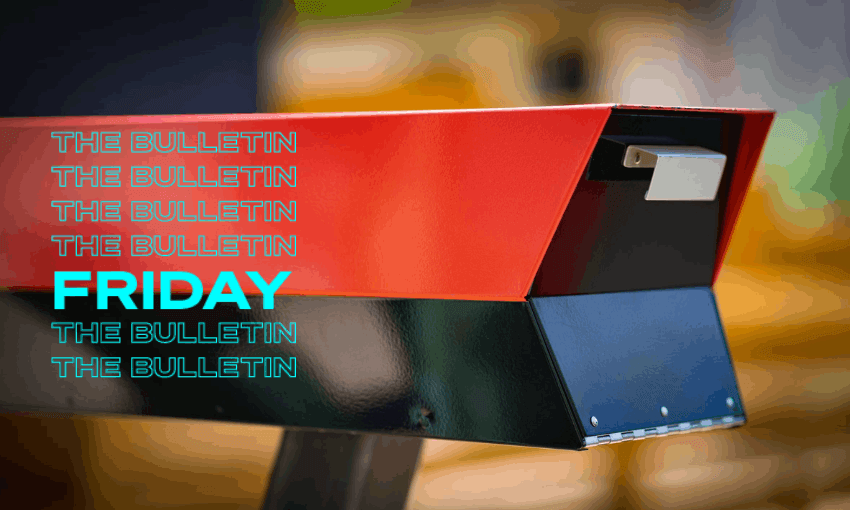Voting papers start arriving for local government elections today. As a whole, local government is under pressure and reform is coming. At a local level, debates are lively and full, writes Anna Rawhiti-Connell in The Bulletin.
Reform is coming for local government but not until after this year’s election
By their very nature, local government elections are disparate affairs. You live where you live, you might read your local news and there’s not much point worrying about what’s happening elsewhere. But local government as a whole is under a lot of pressure. Reform is coming but not until after this year’s election. Newsroom’s Jono Mine argues this denies residents the chance to vote on a pretty big question: can small communities make big decisions on complex systems? Early indications from the reform review team suggest the voting age may be lowered and terms extended. In February last year, Alex Braae wrote about the ten big issues facing local government. It’s worth a read just to see how many of them are manifesting in the run up to the review and local government elections this year.
Voting papers arriving from today
Local election voting papers start arriving across the country from today. My mail usually gets eaten by snails but I solemnly swear to save my papers from this fate. One of Braae’s questions was about low turn-out. Turnout at the last election was down on previous elections. Emma Vitz took a look at that for us recently. Bronwyn Hayward argues lowering the voting age will help. 238 people have already won local election seats with 119 elections out of 538 were uncontested when nominations closed. It’s entirely possible we have too many elections. Braae raised the issue of amalgamation in 2021 which is now a live debate in the Wellington region and in Canterbury. There are fresh concerns most days that low interest in standing for local government is being exploited by people linked to far-right conspiracy groups.
Candidate debates are full, convivial and lively
Reading through local government coverage at the moment, there are also things to feel encouraged about. There are reports of packed halls for candidate meetings in Northland and convivial debate that people queued for in Invercargill. Young people are standing for mayor in Nelson, Dunedin and Hamilton. While it’s not good that emergency housing is such an issue in Rotorua, it is good that it is being discussed in a public setting like a mayoral debate where it’s not mediated by central government. Nearly half of all candidates in contested seats have submitted information on who they are and what their policies are to policy.nz.
Wellington mayoral candidate pro New Zealand becoming a republic
Toby Manhire hosted a debate last night with the Wellington mayoral candidates. If you’re voting in Wellington, I recommend watching it. Paul Eagle is pro New Zealand becoming a republic, Andy Foster couldn’t do his party trick because the stage wasn’t “long enough” and Tory Whanau got Eagle’s endorsement. These debates are weird and wonderful. As we emerge from over two years of a lot of isolation, there’s something in the coverage that paints a picture of a recovery, even if it’s just in the lost art of gathering or getting stuck into issues that aren’t the pandemic. Remember when we all said we were going to keep on talking to our neighbours and paying attention to all things local after the first lockdown? Local government elections are that but with voting power. Check your mailboxes.


